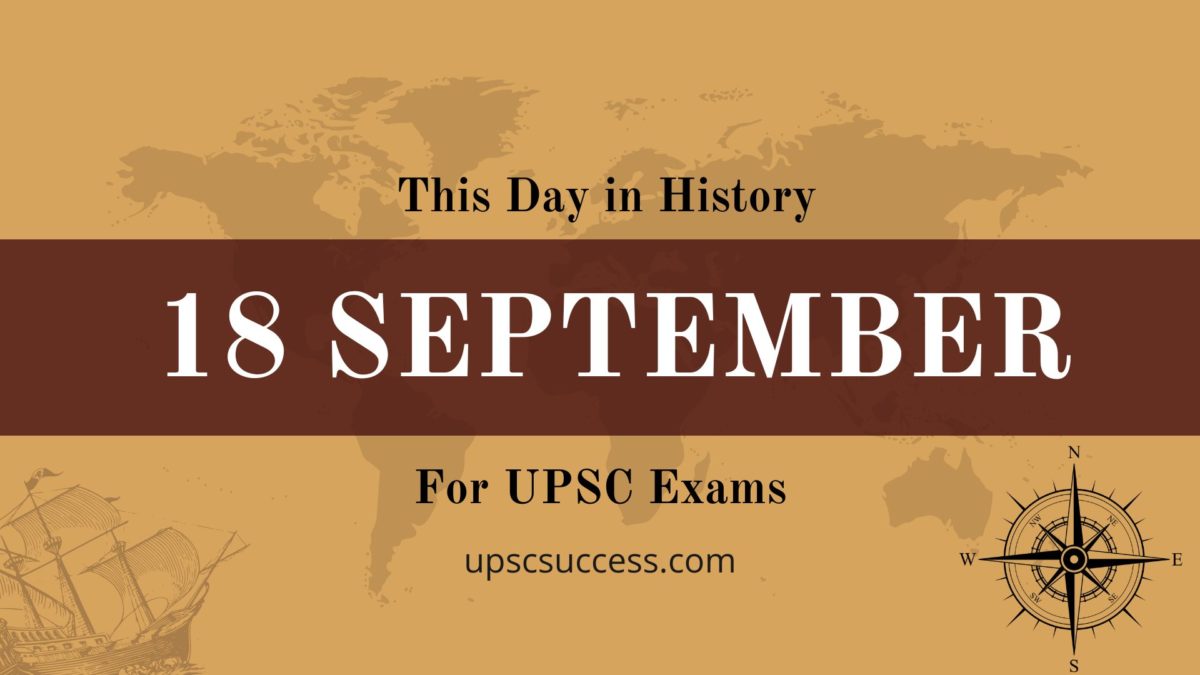Contents
This Day in History on 18 September
The historical events hold a lot of value for aspirants who are sitting for UPSC competitive exams including the IAS Exam.
On this page, we will list all historical events that occurred on 18 September. The students can refer to them while preparing for all competitive exams and banking exams.
Important Days
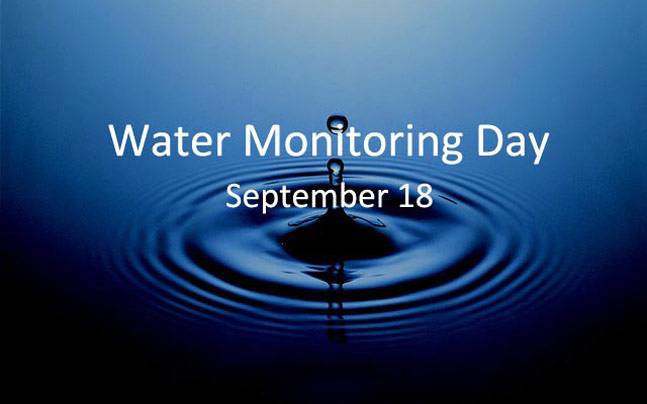
World Water Monitoring Day
Important Events
1615: Thomas Roe presented himself at Jahangir’s court in Ajmer. He left India on February 17, 1618.
1759: French and Indian War: The Articles of Capitulation of Quebec are signed.
1803: Second Anglo-Maratha war under Sir Arthur Wellesley resulted in a crushing defeat of the Marathas at Assaye. The British Christians captured Delhi and acquired control of large parts of India.
1803: Puri was captured by Britishers from the Marathas without any struggle.
1810: Chile got independence from Spain.
1851: The first edition of the New York Times was published.
1882: The Pacific Stock Exchange opened.
1914: The Irish Home Rule Bill was given to Royal assent.
1919: The Netherlands gave women the right to vote.
1924: Mahatma Gandhi was to fast for 21 days in despair of the recent riots between Muslims and Hindus. It was an expression of his ‘unbearable hopelessnes’. “Nothing I say or write,” he said, “can bring the two communities together.” Even as he spoke there were reports of further riots at Kohat, in which 20 Hindus and 11 Muslims were killed. Reservations, Gandhi speaking in Allahabad said, reserved the right to drink water with or without salt. “It is both a penance and a prayer. As it is penance I need not have taken the public into my confidence but I publish it as, let me hope, an effective prayer to Hindus and Muslims, not to commit suicide”.
1927: Maharashtra Chamber of Commerce was established.
1932: A Hindu delegation is given permission to interview Gandhi, currently held in prison and undertaking a hunger strike. On arrival, they also find he has taken a vow of silence.
1947: The National Security Council and the Central Intelligence Agency (CIA) were established in the United States.
1948: Operation polo was terminated after the Indian Army accepts the surrender of the army of Hyderabad.
1962: Burundi, Jamaica, Rwanda, Trinidad, and Tobago joined the United Nations.
1965: Communist government threatens dire consequences on discovering Indian bases on the Chinese side of the China-Sikkim frontier in China.
1967: English was adopted the official language of Nagaland .
1971: In Krishnapur, the Pakistani occupation army shot 127 Bengali Hindus to death. In the neighboring villages, more than 100 Hindus were killed.
1972: Government of India announces increase of minimum bonus to workers from 4\% to 8.33\%.
1972: India becomes the top film producer of the world with 433 feature films made in 1971.
1978: President Anwar Sadat of Egypt and Israel’s Prime minister Menachem Begin reached a peace agreement.
2000: Prasar Bharati issues a notification making it compulsory for cable operators to telecast regional channels of Doordarshan on prime band, in addition to DD-1 and DD-2, in their respective states.
2000: President K. R. Narayanan presents the Dada Saheb Phalke award for the year 1999 to film maker Hrishikesh Mukherjee.
2016: The 2016 Uri attack in Jammu and Kashmir, India by terrorist group Jaish-e-Mohammad results in the deaths of nineteen Indian Army soldiers and all four attackers.
Birth/Birth Anniversary
AD 53: Trajan, Roman emperor.
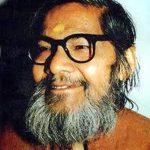
1709: Samuel Johnson, English lexicographer and celebrated conventionalist whose dictionary used as the authoritative reference book for more than a century.
1867: Ganendranath Tagore, Indian painter, and cartoonist.
1879: Welthy Housinger Fisher, an American adult educationist in India, was born.
1883: Madan Lal Dhingra, Indian revolutionary.
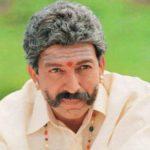
1900: Shivsagar Ramgoolam, the first Prime Minister of Mauritius.
1905: Greta Garbo, Swedish-American actress.
1906: Kaka Hathrasi, Indian poet and author (d. 1995)
1909: Kwane Nkrumah, Ghanaian prime minister and then president from independence in 1957.
1909: Kilachand Ramdas, famous merchant, was born.
1917: Sher Singh, educationist and politician, was born at Baghpur (Haryana).
1925: Pranlal Harkisandas Vora, leader in Maharashtra, was born.
1941: Arjuncharan Srimukh Sethi was born in Odang village in Balasore (now known as Bhadrak) in Orissa.
1945: John McAfee, an American computer programmer, and businessman. He founded the software company McAfee Associates in 1987.
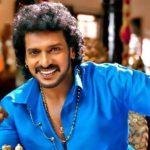
1950: Shabana Azmi, Indian actress. She is a wife of a famous poet from India Javed Akhtar.
1950: Vishnuvardhan, an Indian actor who works predominantly in Kannada language films.
1968: Upendra Rao, Indian actor, director, and politician
1971: Lance Armstrong, the American cyclist who won the Tour de France seven consecutive times from 1999, after surviving cancer for which he now raises awareness and support.
Death/ Death Anniversary
1783: Leonard Euler, Swiss mathematician.
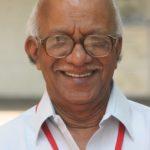
1911: Pyotr Stolypin, Russian Premier. He died after being shot down at the opera in Kiew last week by a police double agent.
1915: Susan La Flesche Picotte, doctor, teacher, and social reformer, first Native American to earn a medical degree.
1930: Joseph Baptista, an Indian politician and activist.
1958: Dr. Bhagwan Das, great philosopher, freedom fighter, Hindi writer, politician and litterateur, passed away.
1961: Dag Hammarskjöld, Swedish economist and diplomat, Secretary-General of the United Nations, Nobel Prize laureate.
1967: Sir John Cockroft, an English nuclear physicist who first splits the atom.
1990: Devkumar, famous Hindi film actor, died.
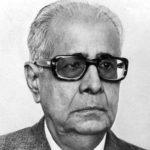
1992: Mohammad Hidayatullah, Indian lawyer, judge, and politician, 6th Vice President of India (b. 1905)
1993: Asit Sen, famous comedy actor and character artist, died.
1995: Kaka Hathrasi, India poet and comedian.
2013: Veliyam Bharghavan, Indian politician (b. 1928)
2017: Afzal Ahsan Randhawa, Pakistani writer, poet, translator, and playwright.

